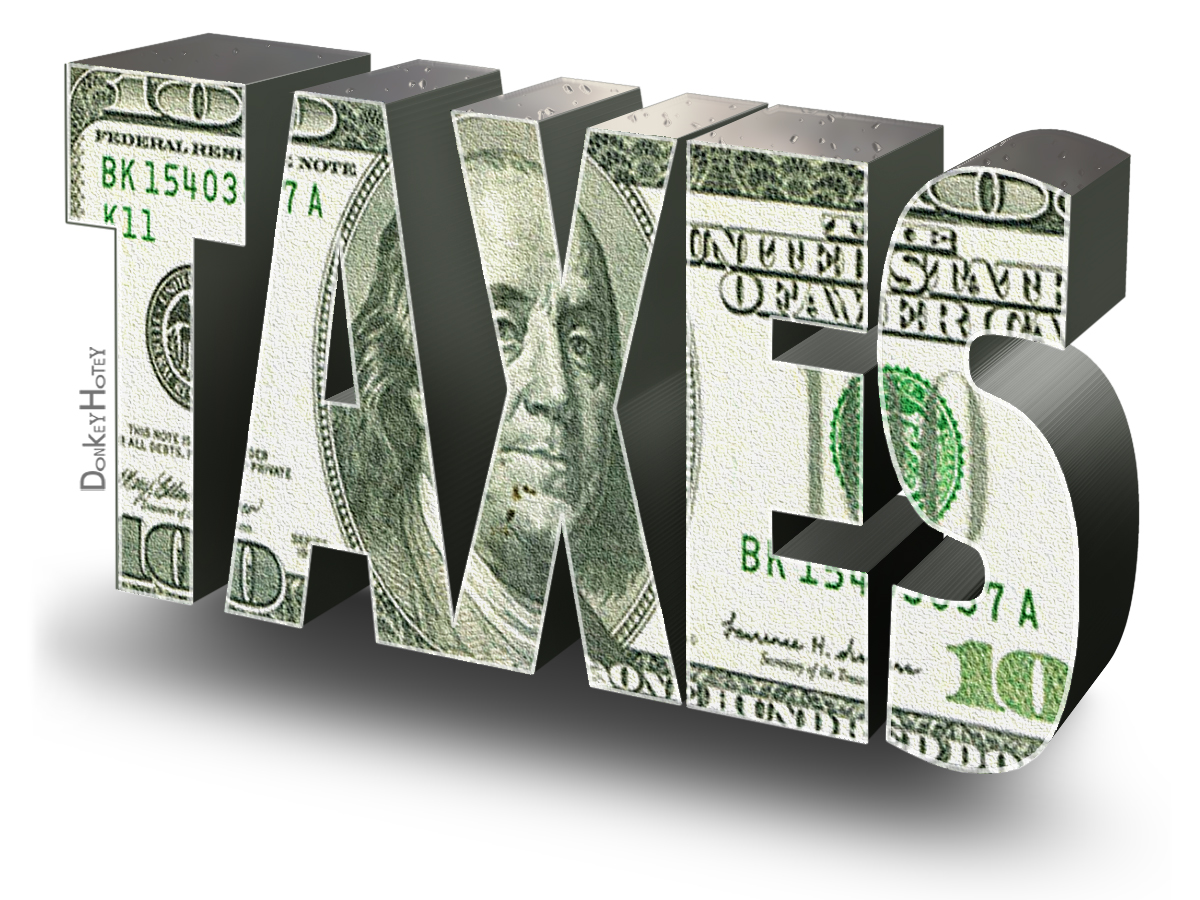Here are 10 important things the American Institute of CPAs recommends that taxpayers know about getting their federal tax return to the Internal Revenue Service (IRS) by the Wednesday, April 15 filing deadline and about filing for an extension.
- What’s the best way to get my tax return to the IRS?
The IRS strongly encourages taxpayers to file online at www.irs.gov/Filing. A Certified Public Accountant can also electronically file your return for you. If you prefer to mail your tax return, the U.S. Postal Service uses special procedures and maintains extra-long hours to make it as easy as possible for taxpayers who wait until the last minute to get their returns in the mail by midnight. You can also use one of the IRS-designated private delivery services. Just remember, the deadline is April 15 regardless of whether you e-file or submit your tax return on paper. - How much will I have to pay to file my return online?
There is no charge to use IRS Free File to file your return electronically. - I can’t meet the April 15 filing deadline. What should I do?
Individuals who need additional time should submit a request for an extension by filing IRS Form 4868, “Application for Automatic Extension of Time to File U.S. Individual Income Tax Return.” - Can Form 4868 be filed electronically?
Yes. Or request an extension by mailing Form 4868 by April 15, 2015. - How will I know if my request for an extension has been approved?
Filing a Form 4868 on time and in accordance with all IRS requirements automatically grants a taxpayer an extension to file his or her 2014 income tax return until October 15, 2015. - How complicated is Form 4868? Will I be able to fill it out myself?
Form 4868 is very short, only asks for basic contact information, and requires that you estimate what your taxes are for 2014. If you prefer, your Certified Public Accountant can file the form on your behalf or answer any questions you may have. - If I’m filing an extension, why do I have to estimate my taxes?
Correctly filing Form 4868 only extends the date by which you have to submit your tax return. It does not delay the requirement to pay your taxes by April 15. - How does filing an extension affect my refund?
If you are expecting a refund, you don’t need to do anything other than file Form 4868. However, you will not receive a refund until you have filed your tax return. - Does filing Form 4868 also give me an extension on the deadline for submitting my state income tax forms?
Each state has different rules. Be sure to check your state’s filing requirements for requesting an extension. - If I don’t have the money to pay my taxes, should I hold off on filing my return?
No. You should file your return (or an extension) by April 15 even if you do not have the money to pay your tax liability. If you fail to timely file a return, the IRS will assess failure to file penalties in addition to the failure to pay penalties. If you are experiencing financial difficulties, you should consider contacting the IRS immediately regarding installment agreements and offers in compromise.
Thanks for reading CPA Practice Advisor!
Subscribe Already registered? Log In
Need more information? Read the FAQs
Tags: Income Taxes, IRS, Taxes




